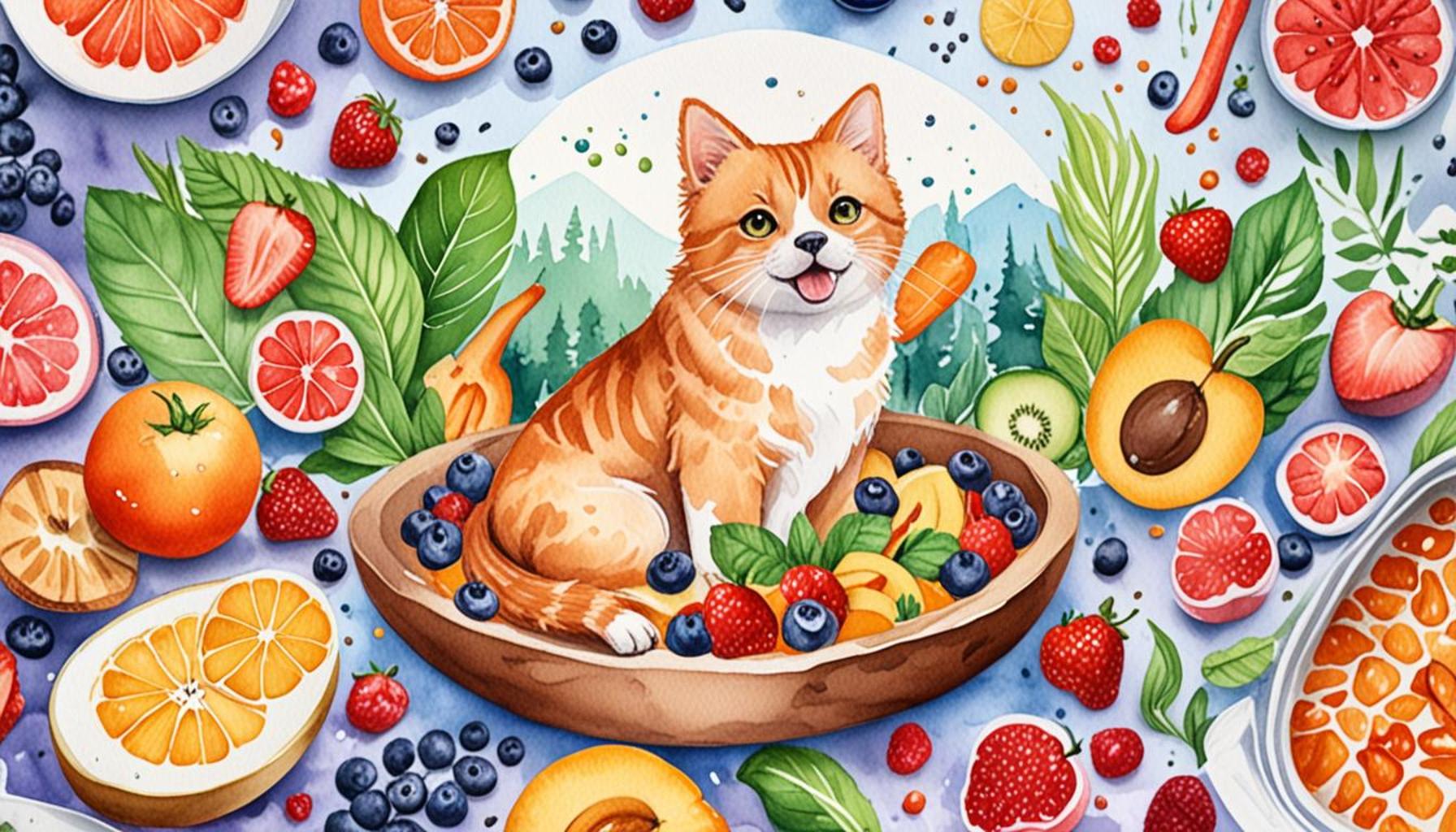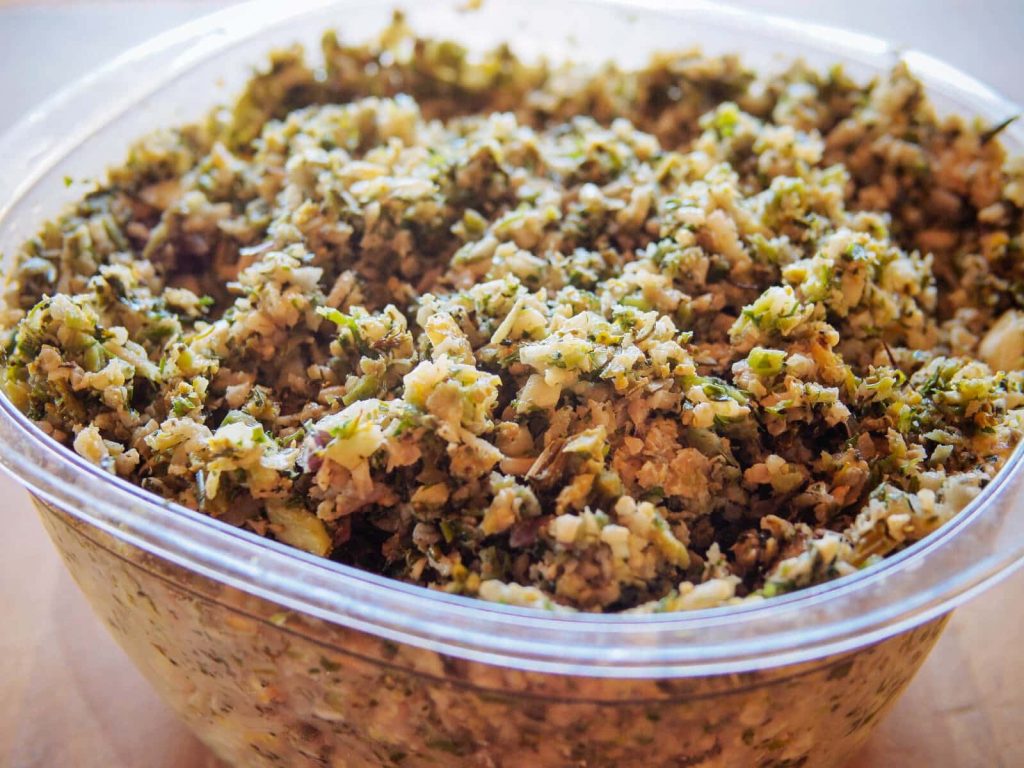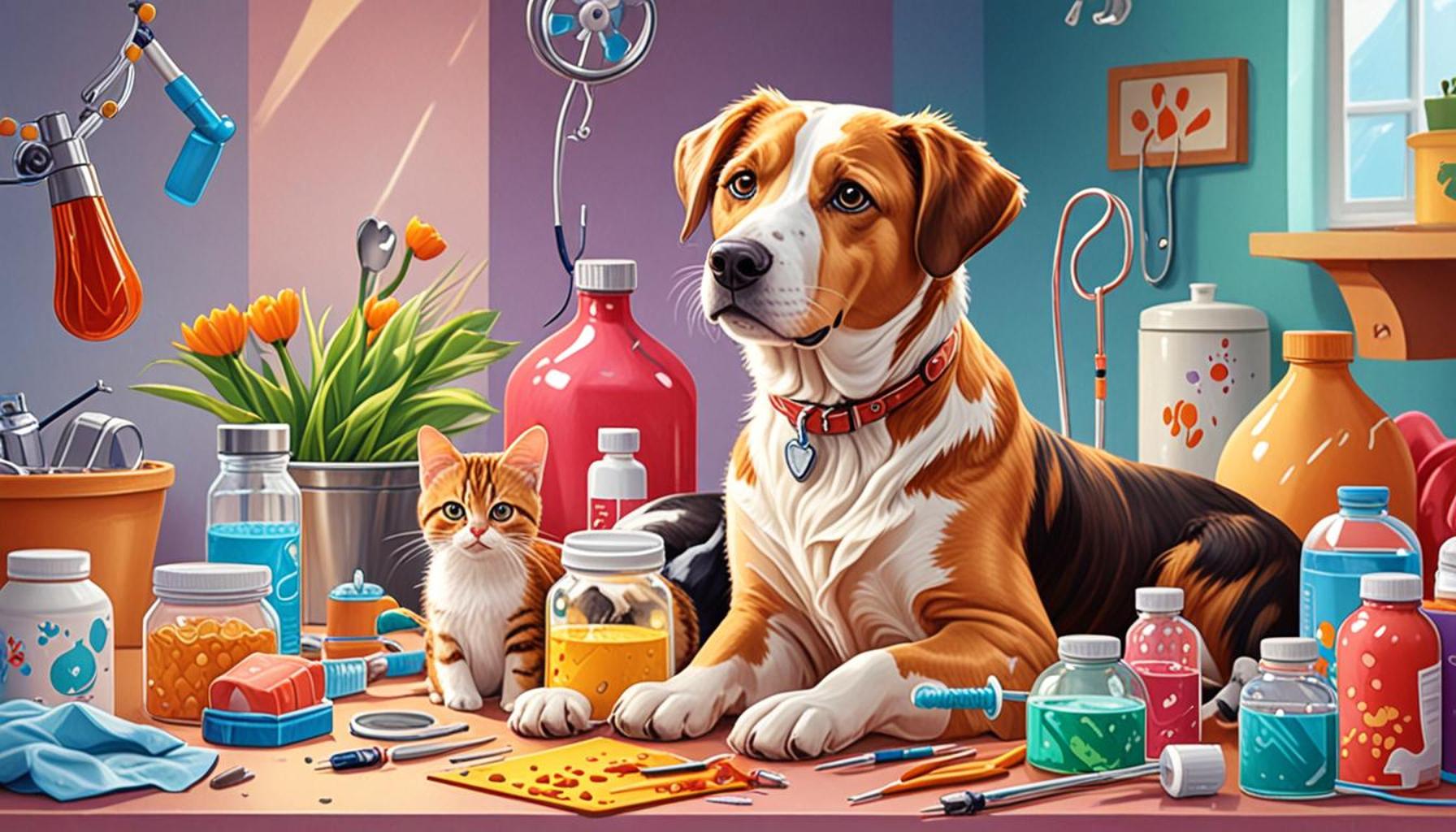Natural Nutrition for Pets: Benefits and Challenges of Feeding Your Animal Homemade Food

The Growing Trend of Homemade Pet Food
In recent years, natural nutrition for pets has gained immense popularity among pet owners. Many are seeking alternatives to commercial pet food, driven by a desire for healthier options and more transparency in their pets’ diets. As more individuals become aware of the ingredients in store-bought food, the shift toward homemade meals is becoming increasingly enticing.
Feeding your pet homemade food presents numerous benefits, including:
- Control over ingredients: You select what goes into each meal. This ensures that your pet avoids fillers, artificial preservatives, and low-quality ingredients often found in commercial brands. For example, you can choose high-quality proteins like chicken or turkey and fill the meals with vegetables such as carrots and peas.
- Customization: Tailor meals to meet specific dietary needs. If your dog has allergies or sensitivities, such as to grain or certain proteins, making homemade meals allows you to avoid these ingredients entirely. You can also adjust portion sizes according to your pet’s activity level, age, and weight.
- Freshness: Use fresh, whole ingredients for optimal nutrition. The meals can be prepared without undergoing the extensive processing that commercial foods often endure, ensuring that your pets receive maximum nutritional value. A recent surge in farm-to-bowl trends reflects this interest in fresh, organic ingredients among conscientious pet owners.
However, the journey towards homemade pet food is not without its challenges. Consider the following:
- Balanced nutrition: Ensuring your pet receives all required nutrients can be complicated. Unlike commercial pet foods that are scientifically formulated, preparing a balanced homemade diet requires research and possibly consulting with a veterinarian or a pet nutritionist to ensure that meals meet the complete nutritional needs of your furry friend.
- Time-consuming: Preparing meals daily can be demanding on your schedule. For busy pet owners, sourcing ingredients, cooking, and portioning out meals can take a significant amount of time. This may lead some to opt for batch cooking, where larger quantities are prepared in advance and stored in the fridge or freezer.
- Cost factors: Quality ingredients may lead to higher expenses compared to store-bought food. While some pet owners may benefit from buying in bulk, the initial costs of fresh meat, organic vegetables, and supplements can add up quickly. Understanding how to budget for homemade pet food is crucial for long-term success.
As you delve into specialized diets, such as the Mediterranean-style diet for dogs or the raw food movement for cats, the decision to transition to homemade meals involves careful consideration and planning. A study by the Association of American Feed Control Officials (AAFCO) indicates that many pet owners are unaware of the nutritional needs so a proper understanding is vital.
This exploration of natural nutrition for pets will uncover not only the benefits but also the potential hurdles of this rewarding approach. Engaging with communities, both online and offline, can provide valuable insights into meal planning, ingredient sourcing, and sharing experiences with fellow pet owners who have taken the plunge into homemade pet food.

LEARN MORE: Click here to discover essential tips
Weighing the Benefits of Homemade Pet Food
Transitioning to homemade pet food can be an incredibly rewarding experience for both you and your furry companion. The benefits of crafting meals from scratch extend beyond the direct nutritional advantages; they also foster a deeper bond between you and your pet. Let’s explore these positive aspects in detail.
Control Over Ingredients
One of the most significant benefits of homemade pet food is the control you gain over ingredients. Pet owners are increasingly concerned about what goes into commercial pet foods, often leading to skepticism about quality and safety. When preparing meals at home, you can select high-quality proteins, such as grass-fed beef or wild-caught fish, and fresh fruits and vegetables. This not only allows you to avoid harmful additives, but it also enables you to design meals that suit your pet’s unique taste preferences. Consequently, feeding your pet homemade food can lead to better overall health and a happier dog or cat.
Addressing Special Dietary Needs
Many pets require specialized diets due to allergies, sensitivities, or medical conditions. By making your own pet food, you can tailor meals specifically to your animal’s needs. For example, if your dog is allergic to gluten, you can easily eliminate grains from their diet. Additionally, you can adjust meal components based on your pet’s age, activity level, and health requirements. Such customization is almost impossible with mass-produced diets, which tend to follow a one-size-fits-all philosophy.
Social Connection and Engagement
Making homemade pet food can also foster a sense of community among pet owners. Online forums, social media groups, and local pet nutrition workshops offer platforms for sharing recipes, experiences, and tips. Engaging with others on this journey can result in valuable insights that enhance your knowledge of nutrition and meal planning. Furthermore, it encourages responsible pet ownership, as you are actively involved in understanding and meeting your pet’s dietary needs.
Potential Drawbacks to Consider
While the benefits of homemade pet food are significant, it’s essential to recognize the challenges that may arise:
- Maintaining Nutritional Balance: A primary concern with homemade diets is ensuring they provide all the essential nutrients. Unlike commercially prepared meals that are designed to fulfill specific nutritional standards, homemade diets can inadvertently lack essential vitamins and minerals.
- Time and Commitment: Preparing homemade meals is a commitment that can be time-consuming. For pet owners with busy schedules, investing time in meal prep and planning can quickly become overwhelming.
- Cost Considerations: Quality ingredients come at a premium. While making your own pet food may save money in the long run, the initial investment in high-quality ingredients can be significant.
Understanding these factors is crucial, as they will guide you in evaluating whether or not homemade pet food is the right choice for your household. By weighing the benefits and challenges, you can make an informed decision that suits both your lifestyle and your pet’s needs.
Exploring the Advantages of Homemade Pet Food
Feeding pets homemade food can be both rewarding and beneficial. One of the most significant advantages is that you have complete control over the ingredients, allowing you to ensure that your pet is consuming high-quality, nutritious ingredients. This can be particularly beneficial for pets with allergies or specific dietary needs. Homemade meals can be tailored to their unique requirements, contributing to better health and well-being.Additionally, homemade pet food often eliminates the use of harmful preservatives and additives found in many commercial pet foods. This not only contributes to a healthier diet for your furry friend but can also help in improving their overall vitality and energy levels. Many pet owners report improvements in coat condition, digestive health, and even behavior after switching to homemade diets.However, while there are benefits, there are challenges to consider. One of the primary challenges is ensuring that the homemade diet is nutritionally balanced. Pets require a mix of proteins, fats, vitamins, and minerals to thrive, and it can often be difficult to achieve this balance without proper knowledge or guidance. Consulting with a veterinarian or a pet nutritionist is crucial when transitioning to a homemade diet to avoid nutritional deficiencies that can affect your pet’s health.How to Get Started with Homemade Pet Food
1. Research and Planning
Before preparing homemade meals, research the right ingredients for your pet’s specific needs and monitor their reactions to new foods.
2. Consult a Veterinarian
To avoid health risks and ensure nutritional adequacy, discuss your plans with a veterinarian, who can assist in the formulation of a balanced diet.By addressing both the advantages and the challenges of feeding your pet homemade food, owners can make informed decisions that best suit their pet’s health and lifestyle.
LEARN MORE: Click here for stress-free crate training tips
Exploring the Nutritional Landscape
As you consider the shift to homemade pet food, it’s important to delve deeper into the nutritional landscape and understand the intricacies involved in feeding your pet a balanced diet. This will not only empower you to make informed decisions but also ensure the long-term health of your beloved animal.
The Importance of Consultation with Professionals
One significant step in the homemade pet food journey is the involvement of veterinary nutritionists. These professionals can guide you on formulating a balanced diet that meets your pet’s specific needs. For example, if you’re preparing food for a dog, they will inform you about the correct ratios of proteins, carbohydrates, and fats, as well as necessary vitamins and minerals. According to the American Journal of Veterinary Research, a well-balanced homemade diet can provide long-term health benefits and reduce the risk of chronic diseases in pets. Regular consultations can also mitigate the inadvertent mistakes that many new pet chefs make, ensuring your furry friend reaps the full benefits of a home-cooked diet.
Ingredient Sourcing and Seasonal Variation
When cooking for your pet at home, the sourcing of ingredients plays a crucial role in maintaining high quality standards. It’s beneficial to prioritize local farms and suppliers who understand animal nutrition, as this ensures that the freshest produce is used. Seasonal variations in ingredients can also affect meal preparation; for instance, fresh vegetables like zucchini or peas may not be available year-round. Adapting your recipes according to seasonal ingredients can add variety to your pet’s diet and prevent boredom. Moreover, incorporating a diverse range of foods can help expose your pet to different tastes and textures, making them more adaptable eaters.
The Role of Supplements
To achieve true nutritional balance when preparing homemade meals, many pet owners find it necessary to incorporate dietary supplements. These can include essential fatty acids like Omega-3, minerals such as calcium and phosphorus, and vitamins A, D, and E. Understanding when and how to use supplements is crucial; inadequate supplementation can lead to deficiencies, while over-supplementation may cause toxicity. A reputable vet can recommend appropriate products that are safe and effective for your pet’s particular dietary needs, further enhancing the quality of homemade meals.
Monitoring Your Pet’s Health
Another essential aspect of transitioning to homemade pet food involves closely monitoring your pet’s health. Regular veterinary check-ups will allow you to assess whether the diet is having a positive effect on their overall well-being. Keeping track of your pet’s weight, coat condition, energy levels, and digestive health can provide insights into how well the homemade meals are being received. These health checks serve as a critical feedback loop that can help you adjust recipes based on your pet’s individual reactions, promoting ongoing improvement in their dietary regimen.
Additional Resources and Community Support
As you navigate the homemade pet food landscape, various resources can aid your efforts. Numerous websites and books provide an abundance of recipes and meal plans tailored specifically for different pet types and dietary needs. Many local pet stores and veterinary clinics also offer workshops focused on homemade pet nutrition, providing hands-on experience and direct guidance from experts. Joining community groups online can also connect you with other pet owners sharing similar journeys, allowing you to exchange tips and personal success stories.
Understanding these facets of homemade pet food not only enhances the daily lives of your furry friends but also ensures that your commitment to their nutrition is both rewarding and fulfilling.
DISCOVER MORE: Click here to find the perfect accessories for your pet
Conclusion: Embracing the Homemade Pet Food Revolution
In conclusion, transitioning to homemade pet food presents a world of potential benefits for pet owners seeking to enhance the health and happiness of their beloved companions. By embracing natural nutrition, you can cater to your pet’s specific dietary needs, thereby potentially reducing the risk of chronic diseases and improving their overall vitality. However, this shift comes with its own set of challenges, including the necessity for constant vigilance in ingredient selection, dietary balance, and health monitoring.
Consulting with veterinary nutritionists remains a pivotal step in ensuring that your furry friend receives an appropriately balanced diet, which requires knowledge about essential nutrients and proper meal formulations. As you embark on this culinary journey, prioritizing the sourcing of fresh, quality ingredients from local suppliers can significantly impact the nutritional profile of your pet’s diet.
Furthermore, while the use of dietary supplements can enhance homemade meals, understanding their proper application is critical to avoid deficiencies or toxicity. Regular health assessments and feedback loops will allow you to fine-tune recipes to suit your pet’s individual needs, maximizing the positive outcomes of homemade feeding.
Finally, leveraging community support and available resources can make this venture more enjoyable and less daunting. With the right tools and knowledge, you can join the growing ranks of pet owners who are thoughtfully providing nutritious meals that could lead to improved well-being for their animals. The journey of natural nutrition for pets is an enriching experience; it invites exploration, learning, and a deeper bond with your pet, ultimately transforming the way you approach their care.


